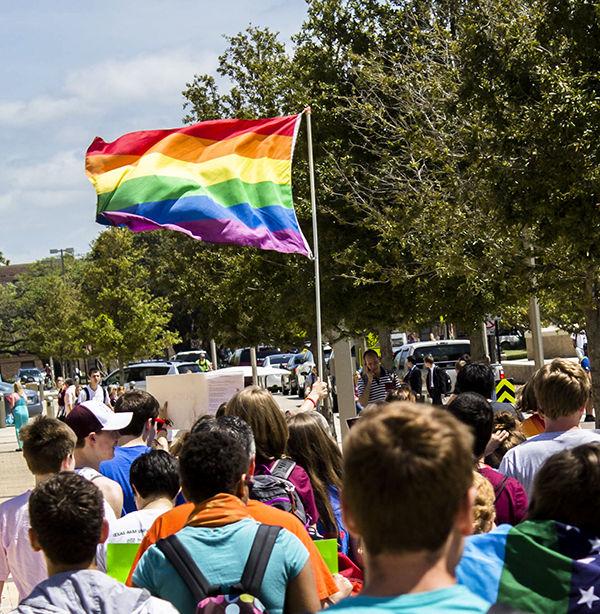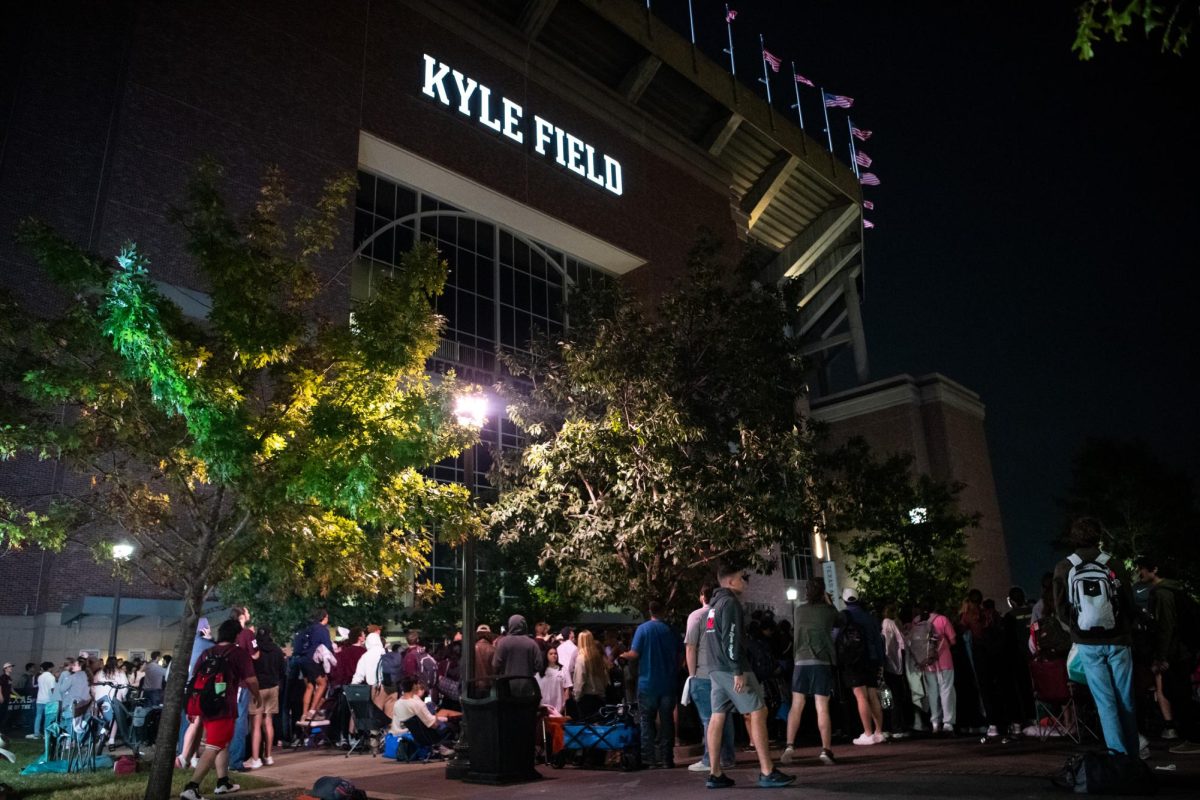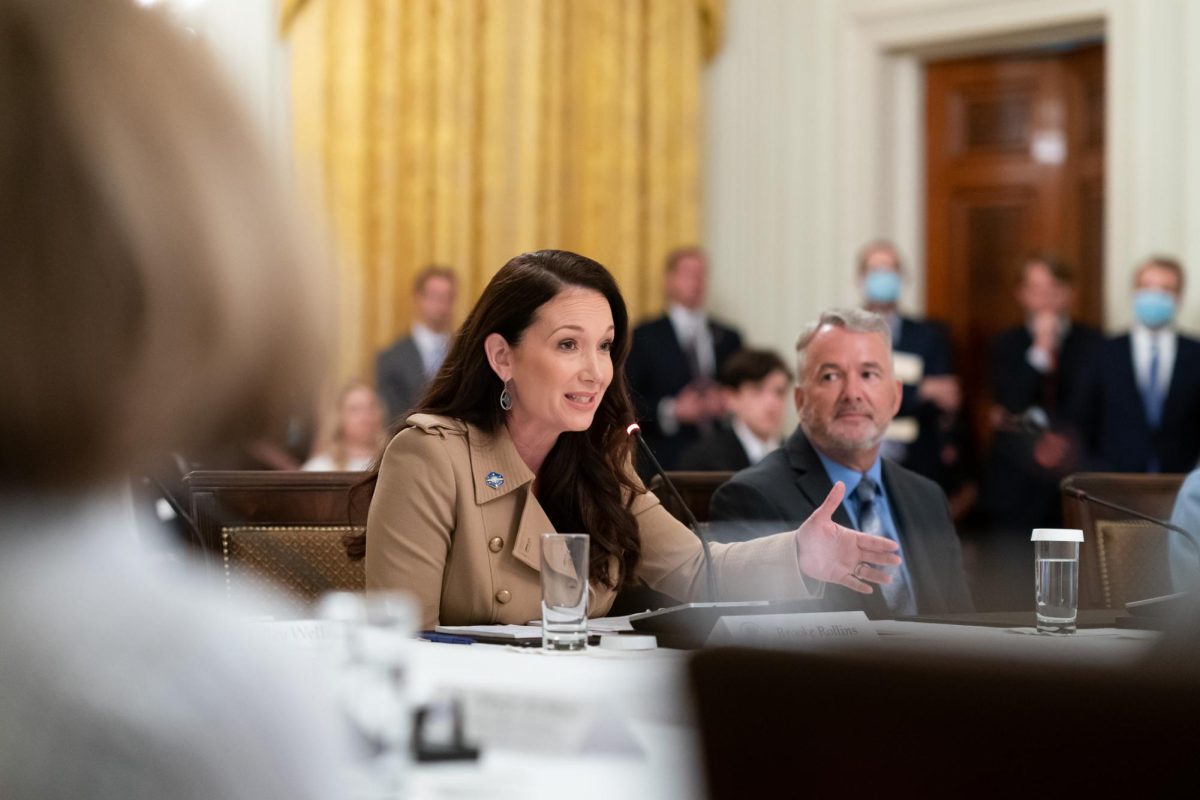In what could be a monumental decision, the Supreme Court agreed earlier this month to hear cases that could lead to a resolution on the hotly debated subject of marriage equality.
Justices will take on cases from Michigan, Ohio, Kentucky and Tennessee to consolidate a nationwide rule on same-sex marriage. They will listen to cases from each state and are expected to reach a decision by the end of the Supreme Court session in late June. While 36 states and the District of Columbia have legalized same-sex marriage — through court decision, state legislature, or popular vote — its presence on the national stage is still a big question.
This spring’s case will assess whether LGBT-identifying people have a constitutional right to marry or whether states have a right to recognize the practice. Meg Penrose, professor at the Texas A&M School of Law, is an expert in the law and policy surrounding this issue. She said if this court rules broadly, it will either be a significant victory for same-sex couples or for states’ rights.
“If the Supreme Court finds there is a fundamental right for same-sex couples to marry, states will be required to grant marriage licenses … despite democratically passed legislation finding such marriages void,” Penrose said. “If the Supreme Court finds there is not a fundamental right … then only those individuals currently residing where same-sex marriage is legal will be able to obtain a marriage license.”
The benefits that would result from a nationally recognized same-sex marriage are myriad for America’s LGBT population. Katie Higgins, geographic information science technology junior and president of LGBTQ Aggies, said a civil marriage would offer protections such as hospital visitation rights, power of attorney, social security benefits and many other rights offered to heterosexual couples.
“A same-sex married couple at Texas A&M could file as married on FAFSA and they could apply for married student housing, for starters,” Higgins said. “[A same-sex couple] could apply for and receive partner benefits from the university and the university could not legally deny them any sort of promotion, tenure or job based on their status as a same-sex couple.”
Penrose said one of the biggest issues facing same-sex couples is the validity of their marriage in states that do not recognize same-sex marriage as legal.
“Many couples feel ‘wedlocked,’ meaning they cannot get divorced if they got married out of state,” Penrose said. “Others may hesitate to move to a non-recognition state due to the loss of benefits, uncertainties regarding their children and the status of their family relationships.”
While the declaration of same-sex marriage as constitutional would be a paramount victory for the nation’s LGBT community, it could barely stand alone as the designated trump card for every issue the LGBT community faces. Marketing junior Jesus Lara said LGBT struggles go beyond marriage and society commonly mistakes it as the only problem that needs to be resolved.
“If we act like legalizing gay marriage is the win-all end-all, I feel like a lot of other issues will get downplayed,” Lara said. “[The U.S. government] isn’t seeing so many other issues, such as violence and a lack of acceptance within communities. It may take a long time for them to come and reach us.”
Even though such acts will not be solved by a constitutional right to marry, legalizing gay marriage would help members of the gay community feel safer, Lara said.
“The fact that some people can’t even marry the ones they love takes a toll on how they live everyday,” Lara said. “If the current ban is overturned, not only would it be a big step in marriage equality but it would be a big step in making gay couples feel like they matter.”
Supreme Court to hear same-sex marriage cases
January 26, 2015
Shelby Knowles — THE BATTALION
Supporters of same-sex marriage will await the Supreme Court’s decision on marriage equality.
0
Donate to The Battalion
Your donation will support the student journalists of Texas A&M University - College Station. Your contribution will allow us to purchase equipment and cover our annual website hosting costs.
More to Discover









